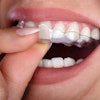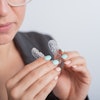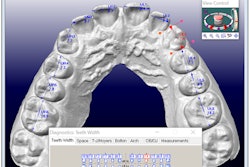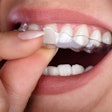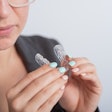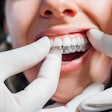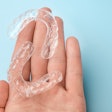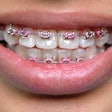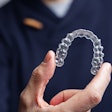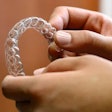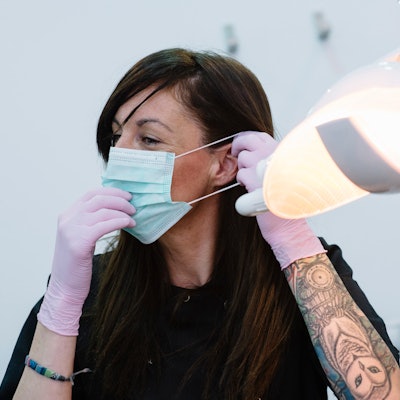
Patients perceive orthodontists with tattoos, piercings, loose hair, and beards as less professional, according to a study published on January 31 in the American Journal of Orthodontics and Dentofacial Orthopedics.
Additionally, older patients were more critical of clinicians' appearances than their younger counterparts, the authors wrote.
"The results of our study not only demonstrate that the stereotype of the orthodontist influences the patient's judgment but that orthodontists with piercings and tattoos are likely to be professionally perceived more negatively," wrote the authors, led by Dr. Rafael Bittencourt of the orthodontics department at the Federal University of Rio de Janeiro in Brazil.
In the healthcare field, professionalism is necessary for forming a successful relationship with patients. The connection starts during first contact. Also, patients often seek referrals from other doctors, as well as social media marketing, when they are looking for a clinician.
To better understand patients' social judgments, 95 adults between the ages of 18 and 70 were asked to respond to a questionnaire after viewing six manipulated images of a male orthodontist and six altered images of a female orthodontist.
The images of the male orthodontists showed a clean-shaven man with no body art or piercings, one with a beard, one with ear and nose piercings, and a man with a neck tattoo. The images of the female orthodontist depicted a woman with her hair pulled away from her face and wearing small earrings, a woman with her hair down and wearing small earrings, one with her hair tied up and wearing large hoop earrings, a woman with a neck tattoo, and a woman with a nose piercing, according to the study.
The characteristics of beard/loose hair, nose piercing, earrings, and tattoos interfered with patients' perception of professionalism (p < 0.01). The orthodontist with the combined characteristics obtained the lowest mean scores for each one individually (p < 0.01) and in total (p < 0.01), the study's authors wrote.
However, there was a noteworthy difference for the age groups (p = 0.041). Although respondents of all ages attributed less professional credibility to orthodontists with piercings and tattoos, those between the ages of 51 and 70 were more critical than those between the ages of 18 and 30, the authors wrote.
The study had limitations, including that it was not known whether the respondents had body art. Whether they did or didn't have tattoos or piercings could have affected their perception of credibility, the authors wrote.
With the continued growth of social media marketing, appearance may be a patient's first filter when seeking an orthodontist. Also, establishing a good relationship between patients and clinicians and favorable treatment courses begins with good first impressions, they wrote.
"Therefore, it is up to the orthodontist to work around the implications of an appearance that attracts an unfavorable social judgment through other positive attributes," Bittencourt et al concluded.

